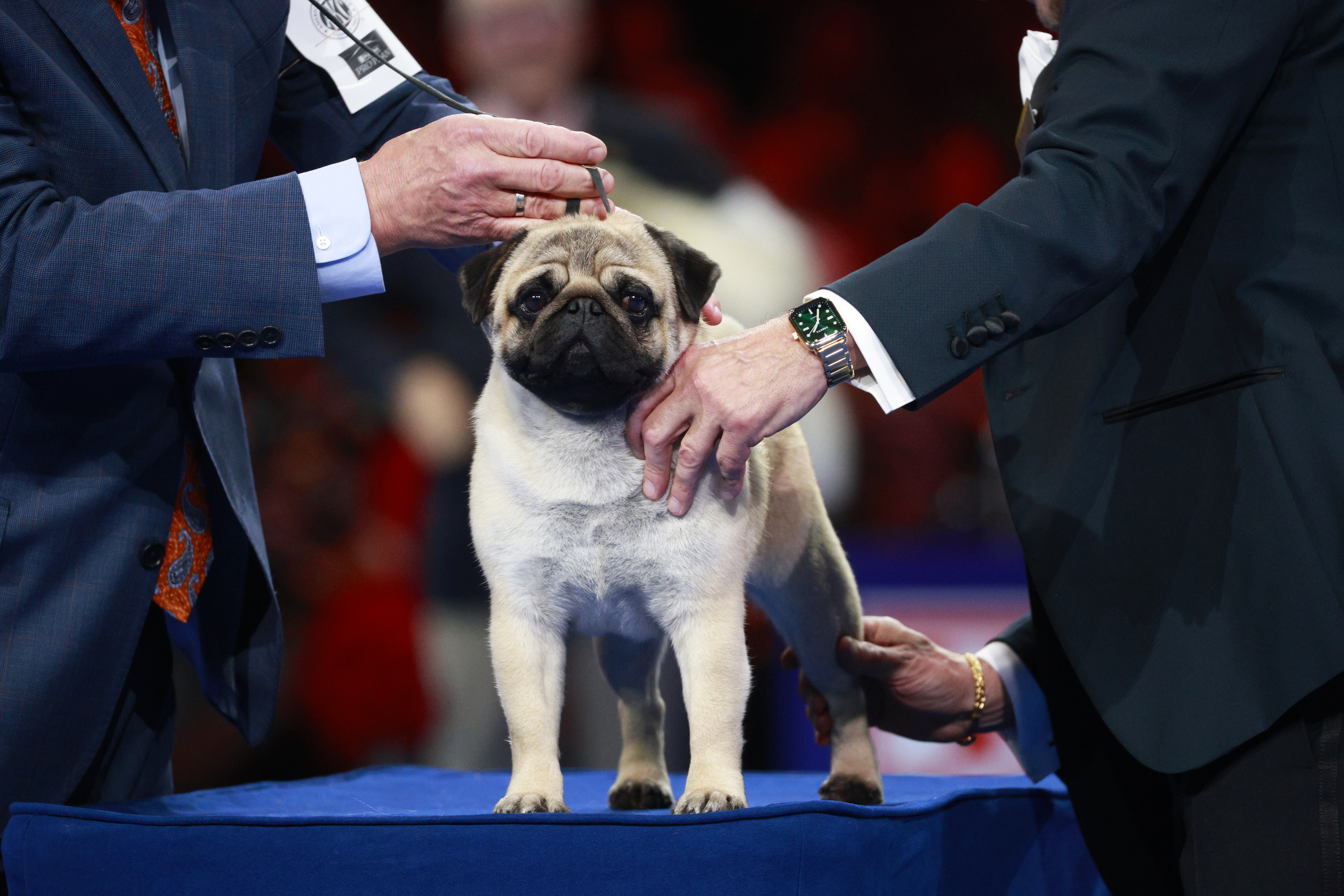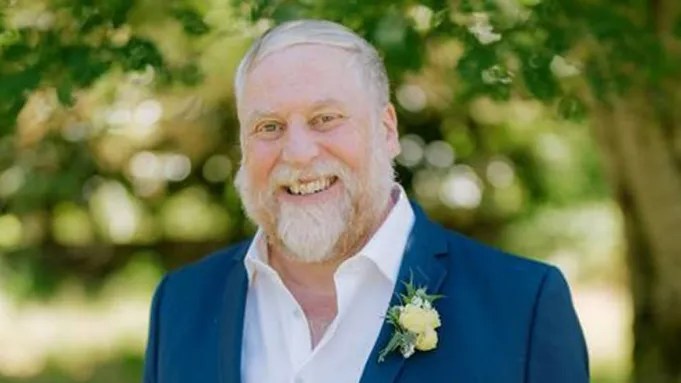Molly Ringwald may have been one of the biggest stars of the Brat Pack era, but she doesn't appear in Andrew McCarthy's new Hulu documentary "Brats."
Both Ringwald and her "The Breakfast Club" co-star Judd Nelson turned down requests to appear in the documentary, McCarthy told "Entertainment Tonight."
“I mean, they both are in the film in a sense that there’s a lot of clips and interviews and things,” said the actor and director, who played Ringwald’s love interest in the teen rom-com “Pretty in Pink.”
Nevertheless, "the Brat Pack is an ongoing relationship," he said.
Get top local stories in Connecticut delivered to you every morning. Sign up for NBC Connecticut's News Headlines newsletter.
"Some people are at different places in their lives to want to or not want to talk about it. I think that just informs it even more. I mean, that’s my takeaway from it," he said.
Ringwald and Nelson show up in archival footage in “Brats” with Nelson making a last-minute phone call to McCarthy at the end of the film.
Meanwhile, Demi Moore, Rob Lowe, Emilio Estevez, Ally Sheedy, Jon Cryer and other actors who found fame as teens and 20-somethings in the 1980s join McCarthy on screen to hash out the era’s lasting impact.
Entertainment News
“I was surprised as many people would want to speak to me (that) did, you know, because I thought the biggest challenge would be to get people to participate,” McCarthy told "ET." “I knew it was still so sort of dodgy in some people’s lives.”
The term "Brat Pack" was coined by New York reporter David Blum for a June 1985 cover story about the slew of hot young movie stars taking over Hollywood.
The nickname was a riff on the Rat Pack, the iconic group of hard-partying entertainers, including Frank Sinatra, Dean Martin and Sammy Davis Jr., who were the toast of Hollywood and Las Vegas in the 1950s and 1960s.
In the documentary, McCarthy, who also appeared alongside Lowe, Moore, Estevez, Sheedy and Nelson in the hit 1985 drama "St. Elmo's Fire," said the Brat Pack moniker "affected my life massively.”
McCarthy gets no argument from Estevez, who says the derogatory-sounding label all but assured that none of the actors would ever appear onscreen together again.
"We were kryptonite to each other," Estevez says.
While all the actors agree that the Brat Pack label implied they didn't take their craft seriously, Moore and Lowe seem to have been better able to shrug it off.
“I look at everything as happening for us, not to us," Moore says in the film while Lowe appears thrilled to reminisce about an era in which the young stars "could have" filled Shea Stadium.
The documentary features much more than just handwringing about labels. It's also jam-packed with anecdotes about the actors' young lives and careers.
Moore reveals that she was struggling with addiction during the filming of "St. Elmo's Fire" and was assigned a sober companion 24 hours a day.
McCarthy tells Sheedy that he had a crush on her when they were young, and later he and Lowe joyfully recall how they were taken to Sammy Davis Jr.'s house one night by Liza Minnelli.
McCarthy also addresses the odd state of his hair during the final scene of "Pretty in Pink," revealing it was a wig.
Turns out, test audiences hated the film's original ending, which showed Andie (Ringwald) at the prom with her bestie Duckie (Cryer). So McCarthy, who by then had shaved his head to portray a Marine in a play, was called back to shoot a new ending.
“It just sat on my head like some bird’s nest,” McCarthy says of the terrible hairpiece. “If they’d known that we’d still be talking about it 35 years later, they would’ve paid for a better wig.”
This story first appeared on TODAY.com. More from TODAY:



